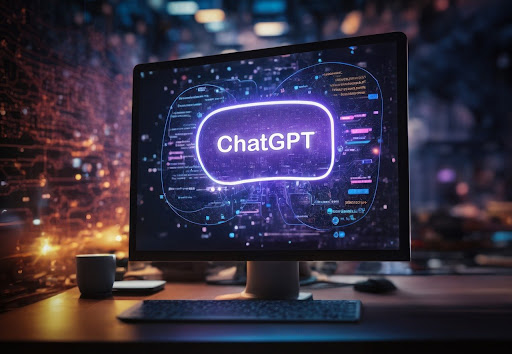OpenAI, the artificial intelligence (AI) startup behind the popular chatbot ChatGPT, is making waves in the tech industry with its impressive revenue figures. According to recent reports, OpenAI is on track to generate more than $1 billion in annual revenue, surpassing previous expectations.
The Rise of ChatGPT
ChatGPT, powered by OpenAI’s large language model (LLM), has quickly become a sensation in the world of AI chatbots. Its ability to mimic human conversation while completing tasks such as writing poetry and recommending restaurants has made it a favorite among users. In fact, ChatGPT reached 100 million users faster than popular internet platforms like Instagram, Netflix, and TikTok.
However, the success of ChatGPT didn’t come without its challenges. OpenAI initially offered the chatbot for free, and its annual revenue in 2021 was a modest $28 million. But things changed when OpenAI introduced a premium subscription service, allowing dedicated users to access additional features for $20 per month. This move, along with the launch of a business version called ChatGPT Enterprise, has significantly boosted OpenAI’s revenue.
Exceeding Expectations
The recent reports indicate that OpenAI is currently generating around $80 million per month, far surpassing its previous revenue figures. This achievement is even more remarkable considering that analysts projected it would take until 2024 to reach the $1 billion annual revenue milestone. OpenAI’s ability to accelerate its revenue growth demonstrates the widespread adoption and demand for AI-powered chatbots like ChatGPT.
Monetizing ChatGPT
OpenAI’s CEO, Sam Altman, has made it clear that monetizing ChatGPT was necessary due to the high computing costs associated with running the program. The introduction of the premium subscription service and the ChatGPT Enterprise model has been instrumental in generating revenue for the company. The business version has garnered interest from major companies like Canva, Estee Lauder, and PwC, with over 80% of Fortune 500 companies adopting ChatGPT in their teams.
Additionally, OpenAI generates revenue by selling API access to its AI models. This diversified monetization strategy ensures a steady stream of income for the company and positions it for long-term success.
Investment and Partnerships
The success of ChatGPT has not gone unnoticed by major players in the tech industry. Microsoft, for instance, made a significant investment in OpenAI, entitling them to 75% of the company’s profits until their $13 billion investment is recouped. This partnership not only provides financial support but also opens doors to collaboration and further growth opportunities.
OpenAI’s ambitions extend beyond just generating revenue from ChatGPT. CEO Sam Altman expects the development of artificial general intelligence (AGI) to cost an additional $100 billion. With the current momentum and support from industry giants like Microsoft, OpenAI is well-positioned to pursue its ambitious goals.
Future Outlook
OpenAI’s impressive revenue growth and the widespread adoption of ChatGPT indicate a bright future for the company. As more businesses recognize the value of AI-powered chatbots, OpenAI’s revenue is likely to continue growing. The company’s commitment to innovation and its ability to adapt to market demands position it as a leader in the AI industry.
While Microsoft’s partnership may impact OpenAI’s short-term profits, the long-term benefits of collaboration and shared expertise can outweigh the financial considerations. OpenAI’s dedication to AGI development further solidifies its position as a pioneering force in the world of artificial intelligence.
OpenAI’s ChatGPT has revolutionized the world of chatbots, captivating users with its human-like conversation abilities and task-completion features. The company’s ability to monetize ChatGPT and diversify its revenue streams has propelled it to generate over $1 billion in annual revenue, surpassing expectations. With major partnerships and a commitment to AGI development, OpenAI is well-positioned to continue leading the AI industry into the future.







